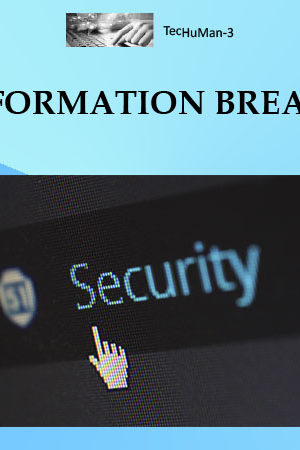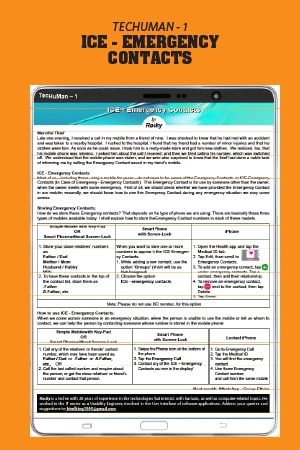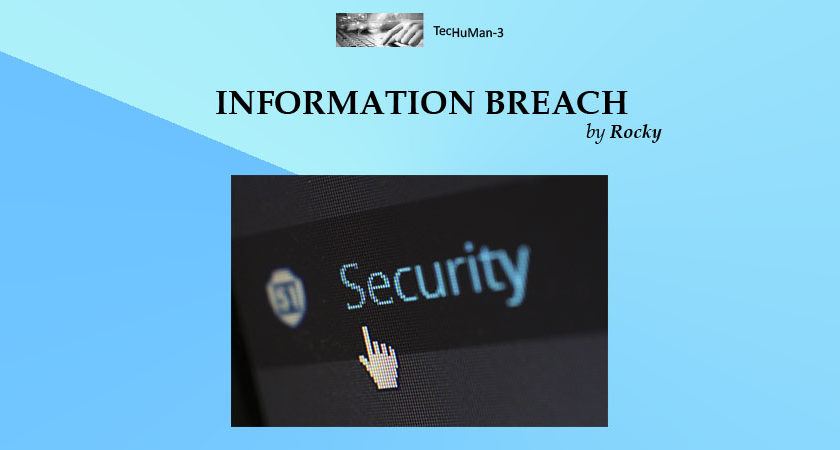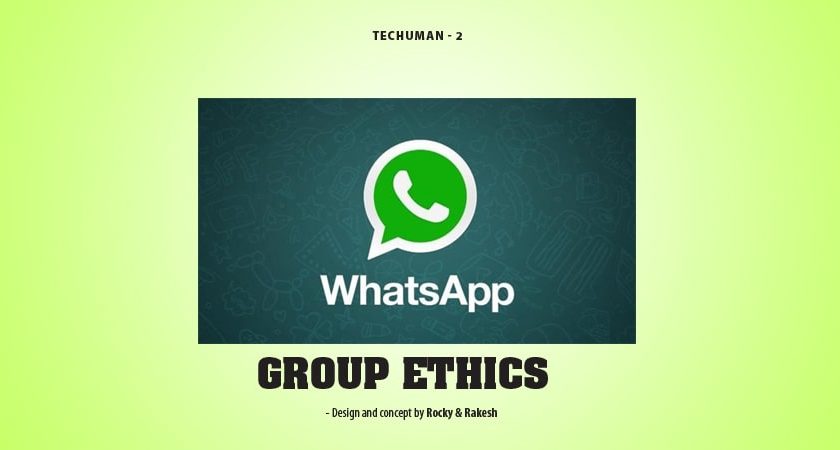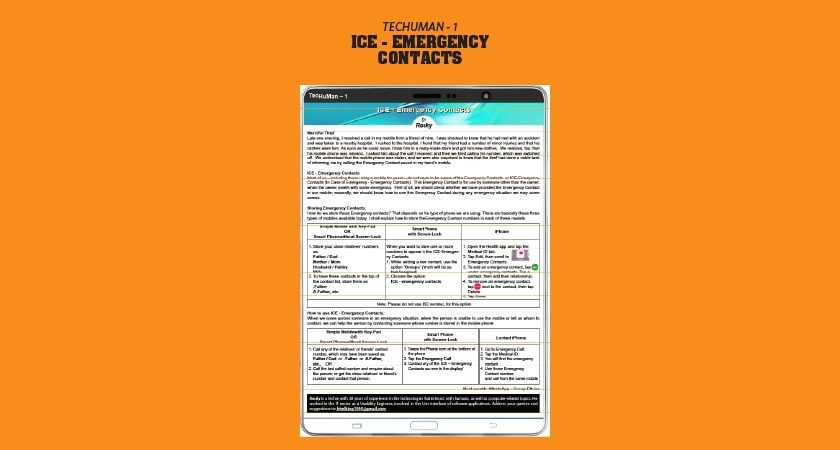Recently, a person in Thane, Maharashtra lost over Rupees One lakh in an online fraud involving popular payment gateways like PayTM and Google Pay. The reports of bank frauds and online payment frauds have been rising in recent times. Even a small lapse on part of the customer can cause a big loss to him/her.
Punjab National Bank Fraud Alert: The public sector lender has warned its customers to beware of fraud calls. They had also provided some tips to its customers in order to avoid them. The bank confirmed in a tweet that these days fraudsters are making fake calls to lure customers while representing themselves as bank officials. The bank has also suggested its customers not to search for its contact information online through Google or any other search engine. Instead, they can directly visit PNB official website. (https://in.finance.yahoo.com/news/pnb-customer-never-google-other-162202579.html)
Avoid searching for your bank’s online banking websites on Google: It is highly advisable not to do a Google search to find your bank’s online banking website unless you know the exact official URL. To stay safe, always enter the official URL of your bank’s online banking portal to access the site. This is because chances of phishing increase drastically in which you might enter your bank’s login ID and password on a website that may just look like the bank’s official website and could be a phishing site instead(https://www.gadgetsnow.com/slideshows/10-things-you-should-not-search-ongoogle/Dont-search-these-10-things-on-Google-to-stay-safe/amp_photolist/71143671.cms).
Things you must know about Online Banking Frauds: Banks, being a vital element in a nation’s economy, deal with monetary transactions and services to the public. The personal and financial information of the bank’s customer are under the threat of being misused by fraudsters. Phishing, Spoofing, Vishing, Skimming, and Money Mules are some of the types of frauds that are prevailing. (https://www.bankexamstoday.com/2016/11/online-banking-frauds-things-you-must.html)
RBI says no loss to customer if fraudulent transaction reported in three days: (Jul 07, 2017) In a bid to step up customer protection in the era of digitalization push by the government, the Reserve Bank of India has came out with a new set of rules limiting the customer liability in case of unauthorized electronic banking transactions. Customers will not suffer any loss if unauthorized electronic banking transactions are reported within three days and the amount involved will be credited in the accounts concerned within ten days, the RBI said. (https://www.firstpost.com/business/online-banking-frauds-rbi-says-no-loss-to-customer-if-fraudulent-transaction-reported-in-3-days-3783491.html)
CAUTION: Online Transactions
- Never blindly trust the display number if you get a call from a person claiming to be from the bank or bank’s call centre.
- In case you receive any call from the bank or bank’s call centre, always be alert and think twice before acting on any instruction you are provided by the person on the other side.
- Avoid using online transactions for your bank account.
- Do not use mobile apps for your bank account/transactions, as the OTP is sent to the same mobile, which is auto detected and the transaction proceeds. If the lost mobile is in the hands of a someone else, that person could commence and complete a online banking transaction through the mobile app.
CAUTION: ATM
- Clarify with your bank for every debit—even if it is very little, like, 50 paisa or One Rupee.
- Always use the same bank’s ATM.
- Never forget to change your ATM PIN periodically.
- Ensure ONE person inside the ATM while operating. You may request the others to move out even if it is the ATM Security personal, till you complete your work.
CAUTION: Others
- Do not disclose your account details, OTP, Password, Card Number or PIN to anyone. If it is given to anyone, who is very close to you – please change the PIN & Password immediately
- Do not fall prey for any offers or easy loan, even from your own bank, as the communication may include your name, phone number and account number.
- Do not proceed with further step, when you get an email saying that you had WON a big prize money, especially by asking your bank account information for the money to be credited in your bank account.
Good Practices
- Online payment for ticket or purchase: do not save the card information or account information and log-out fully.
- Receipt of Bank account statement or Fixed Deposit information through email, WhatsApp, sms, or so: please download and delete it from the source, that is, do not leave it there.
Rocky
To subscribe to the magazine, click Subscribe



